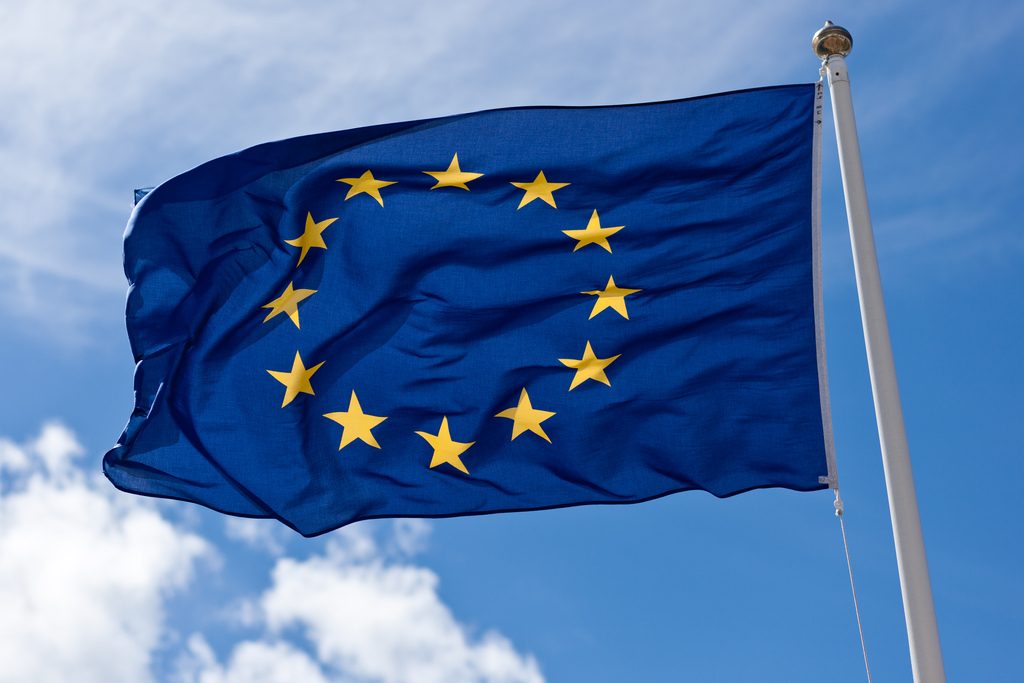On Wednesday February 25, 2015, the European Commission published the Intended Nationally Determined Contribution (INDC) of the European Union, a detailed description of the effort the EU will offer to undertake in cutting greenhouse gas emissions as part of an international agreement on tackling climate change.
The EU’s offer, along with those expected from most other countries over the next nine months, is of critical importance to the climate negotiations taking place this December in Paris.
The EU is scheduled to formally submit its intended contribution in early March, kick starting the bottom-up process established in Durban in 2011, where countries determine and submit their own best efforts to reduce emissions – a significant departure from the top-down framework that was considered to be a barrier to success in previous negotiating sessions. The U.S. and other nations are expected to submit their offers in the coming months.
The EU’s offer helps inform governments currently in the process of developing their own. It sets a critical benchmark for other countries by setting significant reduction targets and rigorously detailing the steps it will take to meet them.
Key facets of the EU’s submission include:
- A binding, economy–wide target to reduce greenhouse gas emissions by at least 40% by 2030, compared to 1990 levels
- The parallel implementation of a new Investment Plan that will unlock €315 billion (approximately $358 billion USD) in public and private investments to modernize and decarbonize the economy before the Paris Agreement comes into effect in 2020
- The inclusion of the land–use sector in this target, recognizing the significant contribution it makes to global emissions – clearly identified by the Intergovernmental Panel on Climate Change (IPCC)’s Fifth Assessment Report (AR5) – and setting a positive example to many nations for whom these emissions comprise a significant contribution to global climate change
- The strident language used to call for clear, transparent and regular accounting, as well as increased international cooperation before 2020


